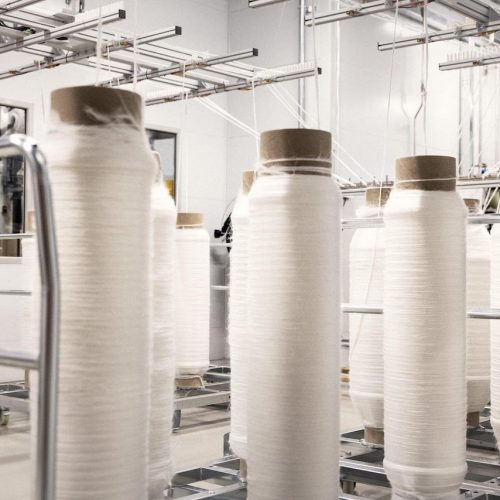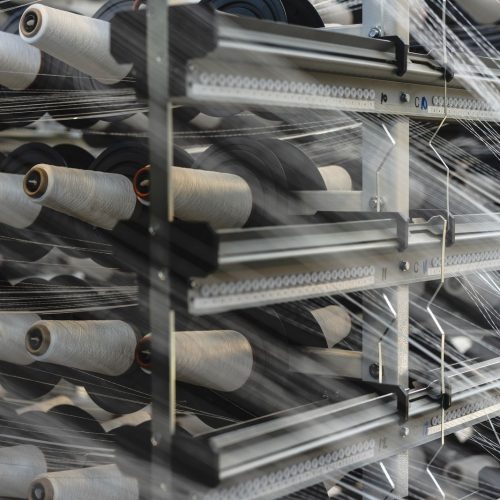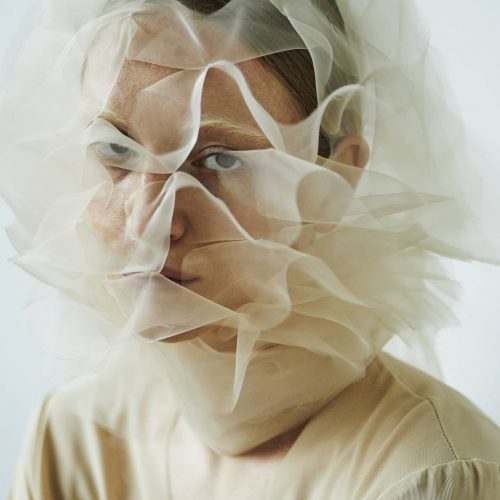Ethical Fashion Brands focused on Craftmanship
The more we travel worldwide, side by side to the presence of the internet that can send us in seconds anywhere we want in the world and being exposed to remote communities that has their own products, with their own aesthetics it is more common to derive inspiration and techniques from different cultures. Sidelong to the search for new, innovative and remote inspiration many designers, makers and brands are walking on the fine line between derive inspiration and using remote communities aesthtics, craftsmanship and artisanal skills and techniques in an unappropriate manner.
In the past years we are experiencing more and more cultural appropriation incidents happening every day involving big and international brands like H&M, Prada, Isabel Marant, Gucci, Dior and the last incident by Carolina Herrera brand, it's time to highlight some interesting ethical brands from around the world that focus on craftmanship and artisanal skills.
We will start our ethical craftmanship journey in Africa. Lemlem (which means ‘to flourish and bloom' in Amharic) was launched by supermodel Liya Kebede. She visited her native country Ethiopia and this is trip touched her soul and made her open this brand. While traveling in Ethiopia she spoke with traditional weavers and understood from them that their craft and skills are disappearing, Kebede was inspired to give these artisans a platform that could create jobs for talented makers across Africa and bring their skills, abilities and creations to the rest of the world. Working with yarn spinners in Ethiopia, crocheters in Kenya, embroiderers in Rwanda and knitters in Madagascar, the brand produces womenswear and homeware pieces. Besides the fact that Lemlem supports people in Africa by providing them economic opportunities and safe working conditions, the brand also supports the largest charity in the continent, focusing on the high number of deaths during pregnancy and childbirth in Africa each year. Working with this health charity, Amref Health Africa, they train midwives, host maternal health education programmes and upgrade maternity clinics. This ends up with Lemlem placing women’s rights and safety at the centre of the brand's mission all along the way from the material creation and product to the well being of the workers and the community that sorround this brand in the different African countries.

© Abury
On the other side of the mediterranean sea there are two Berlin based brands praising the term craftsmanship Folkdays and Abury. Folkdays was founded in 2013 by Lisa Jaspers, previously a development aid consultant. Inspired by her travels which had led her to some of the world's most interesting and remote places, and her passion about strong contemporary design.This label is all about contemporary fair fashion and home accesories that design, produce and sell products from all over the world. The brand reinvent the idea of sustainable fashion and design by offering hand-made craft products from around the world Focusing on the combination of high quality products with a strong contemporary design using crafts and skills of worldwide artisans. The products that are co- created by the Folkdays team and artisanal communities are timeless and unique. In short: all-time favourites.
Folkdays team collaborate with artisans from developing countries and emerging markets who have preserved and passed down their traditions as well as unique production techniques from generation to generation. The basic notion of this brand is this appreciation to disappearing traditions and skills. Folkdays team is working closely with each one of the 40 partners in 20 countries and see them as equal and lasting partners. They buy the end products while building trust and fair economical relationships side by side to sustainable and stable income from the artisans side. This open relationship with the different communities led to an open discussion about the design and product development process. This joined communication combining local natural materials, traditional techniques and skills with the brand's knowledge and experience of the western style and taste to be able to reach the target market. The aim of Folkdays is to help local manufacturers to keep traditional handicraft alive whilst at the same time developing these skills further and adjust them to consumers style and wishes.
Another great example is Abury, a Berlin based brand as well. Abury sells handmade products that don't only look good but also do good. Combining exclusive design, craftsmanship with social impact are Abury's main building blocks. They work in intercultural system that empower exchanging ideas and knowledge and leads to great development of communities around the world. Abury celebrate the beauty and diversity of crafts, culture, and people. Every product bought from Abury brings back to the community it was created by not only economical benefit but also transforming its hours of production in hours of education to the Communities where the product was made. Abury collaborates with 9 countries all of them spread around the world, from Ecudor and Peru, India, Morocco and Ivory Coast and even Romania. Each country with its own products,materials and techniques that are common for many years. Most of these skills and products are under a treat to disappear as a result of the mindset that puts industrial efficency and economical benefit as the most important components when planning and producing consumer goods. This current scenario and system should put craftsmanship and artisanal skills at a higher appreciaction in order for them not to disappear completely.
A brand that was born as a result of cultural approperation incident with Dior in 2017 is Bihor Couture. The brand is based in Romania and creating traditional Romanian clothing all based on highly skilled artisans making every small little detail by hand. In the items we can see impacable embriodery, textile buttens, unique patterns and traditional aestethics that makes these products so special and identified as ones belong to the specific region of Bihor in Romania.
The main aim of this brand is to revive these traditional disappearing crafts side by side to building a stable economic situation for the artisans and being able to give them credit for their unique skills.
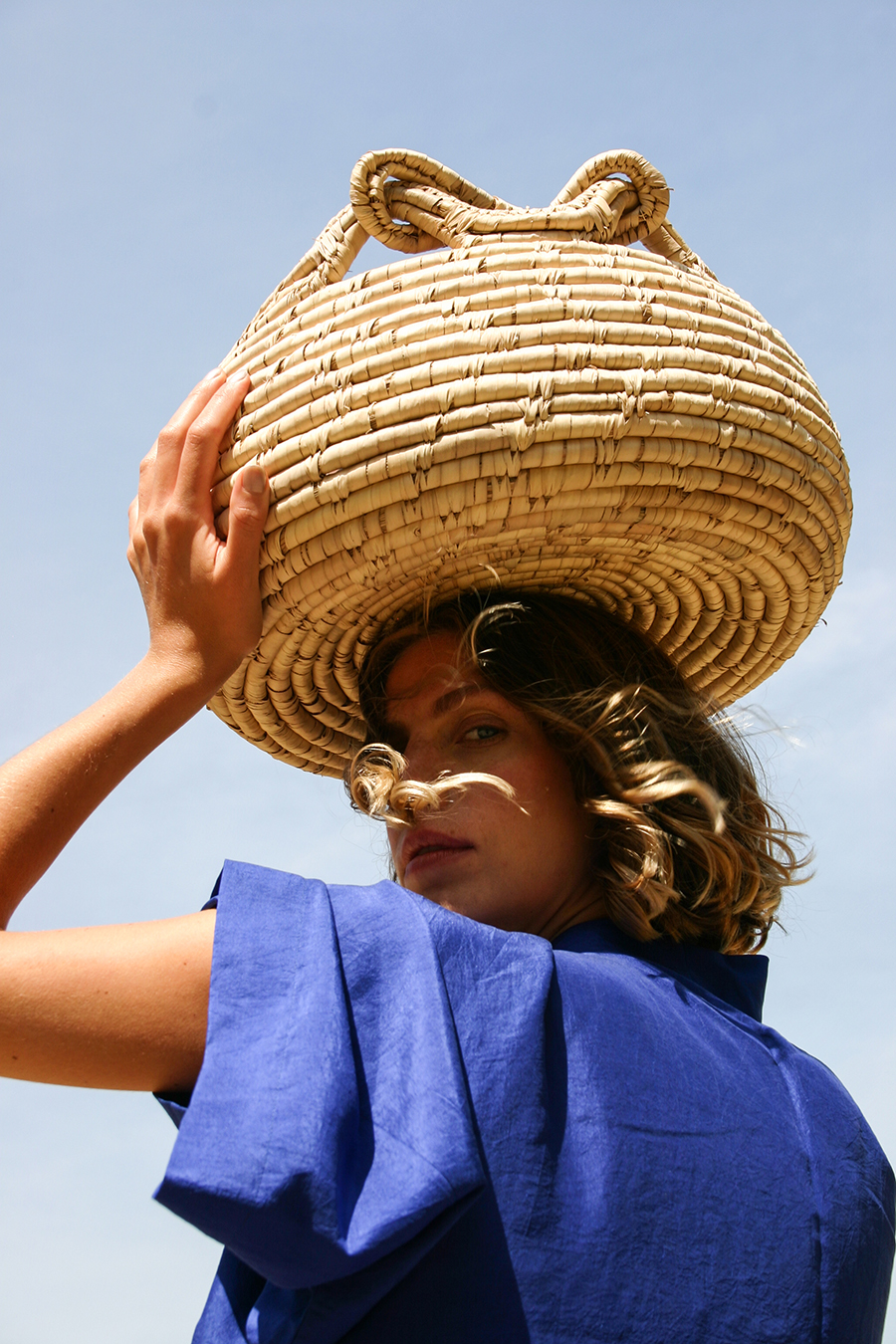
© Folksdays
Last but not least, ADISH brand (ADISH in Hebrew means apathetic) is a fashion brand established in Israel and serves as a statement for the indignation of the current social climate in the Middle East and highlights the hope for change. The designers bonded over a mutual interest in style and aesthetics, but beyond that, a belief that fashion can communicate messages and express the wearer's identity and lead to social change. Adish is working with a close multinational collaboration that ended up as a line of contemporary silhouettes embellished with hand-sewn Palestinian embroidery. The designers are working closely with a team of talented Palestinian craftswomen, this fact leads toThese distinctly Middle Eastern touches. The craftswomen give the garments a sense of heritage and skill that have come to define the ADISH aesthetic. In addition to designing clothes which honor Palestinian traditions, culture, and heirlooms, ADISH has empowered a team of over 50 Palestinian embroiderers through employment. The products are a perfect example of working respectfully with artisans, giving them a respected stage to showcase their traditions side by side to creating stylish streetwear collections that can be worn worldwide.
The issue of ethical craftsmanship these days is really important since we are on the edge of a cliff with many skilled artisanal communities. These manual impressive techniques could be easily gone if yet again we would choose the machine made replica made by any western brand.
The key to perserving these traditions in an ethical manner is to build trust and open communication, this will end up being a unique handmade and beautifully crafted item.
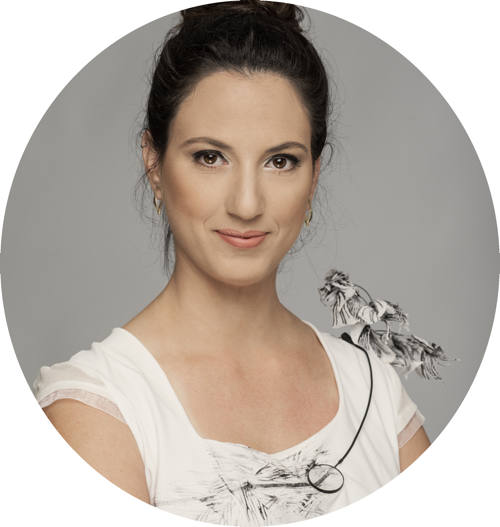
+ Words: Danielle Keller Aviram
Danielle Keller Aviram is a sustainable jewelry and fashion researcher, consultant and designer. She graduated an M.A focusing on sustainability in fashion at AMD Berlin after doing her B.A in jewelry and accessories design in "Shenkar" Tel Aviv. After her B.A she had her own international fine jewelry brand operating for 5 years.

